Richard and Mildred Loving, an interracial couple, married on June 2nd, 1958.
The performances reflect this tone.
When did Jeff Nichols first approach you about doingLoving?
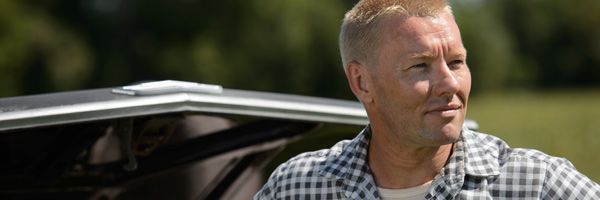
JOEL EDGERTON: It was towards the end ofMidnight Special.
Were you familiar with the Lovings' story beforehand?
Yeah its a bit under the radar.
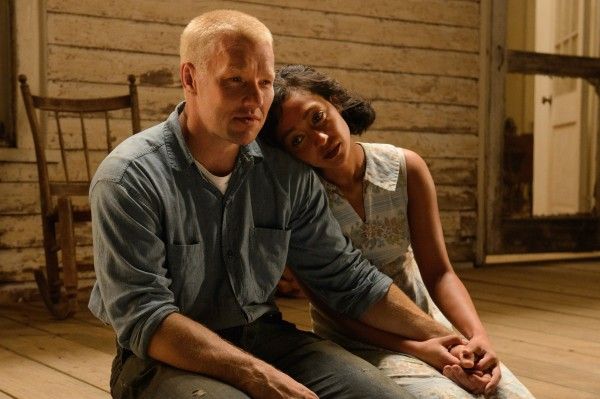
Image via Focus Features
EDGERTON: It’s such a big seismic shift in Civil Rights in America.
It changed the Constitution.
EDGERTON: That he wished he could just disappear.
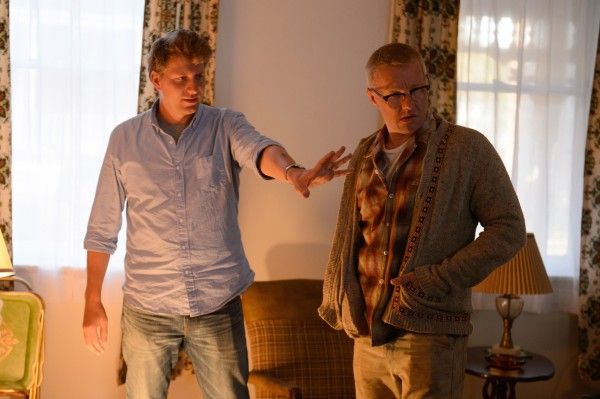
Image via Focus Features
Disappear was a good word for me.
This is all just my perception of it by the way.
It was really Mildred who looked forward and said the way out is not to pretend.
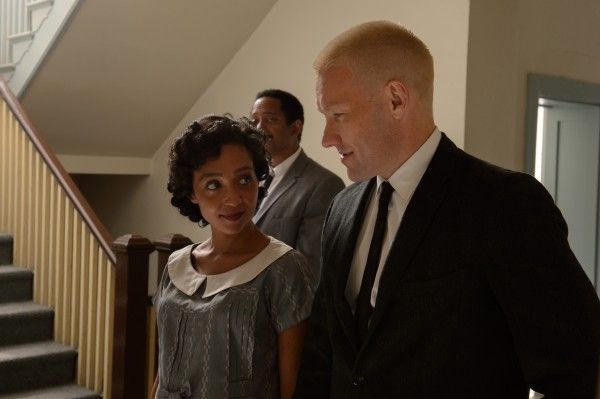
Image via Focus Features
We have to keep moving forward and be strategic about it.
But Richard is very silent.
He was thinking a lot and not saying very much.
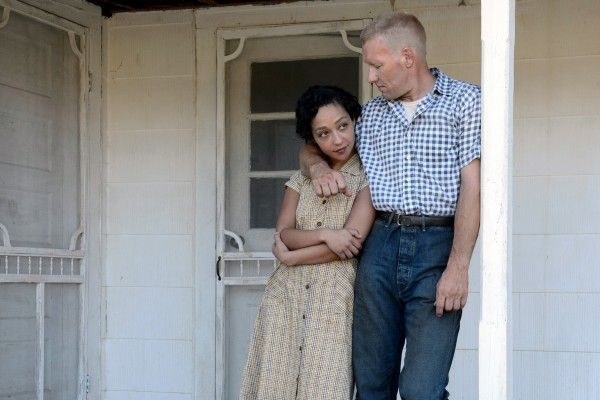
Image via Focus Features
It was important for me to me focus on what those silences meant…
I was going to ask: Are those silences written in the script?
EDGERTON: Well - there was very little dialogue in the script.
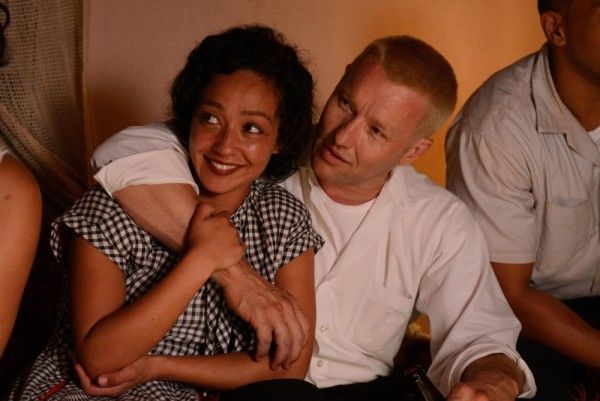
Image via Focus Features
A lot of descriptions of things.
Jeff and I would talk about the scenes.
It says a lot to speak against the law when you think about the ramifications of the time.
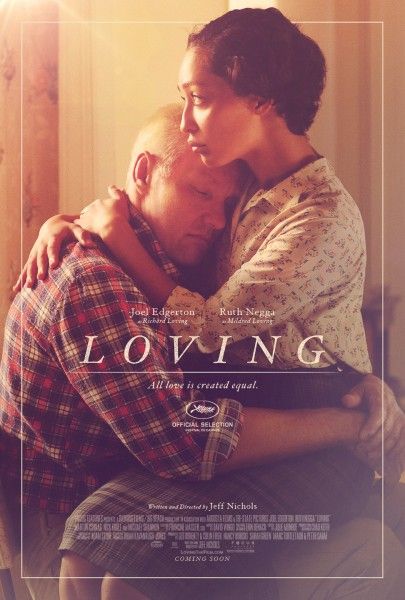
They would literally take a baton and crack your head open or worse…
Given the performance is so reactive, are you finding the character in the moment with your co-stars?
How much have you prepped ahead of time?

That was always one of the risks of trying to create a character that was so much like Richard.
The risk is that it only ever reaches an impression or mimicry.
You’ve got to find a way to go beyond that.
That was the trick in the first few days.
There’s an inevitability to being self-conscious in drawing a character like this so let’s get over it.
Let forget about it.
EDGERTON: Call the agent.
(Laughter)
EDGERTON: How big is my trailer?…
I could see it all playing.
The end of the movie felt satisfying.
The beats along the way felt true.
And definitely there’s ego involved too.
There isn’t that big scene…
EDGERTON: Yeah - the actor has an ego.
I definitely have a pretty sizable ego.
But you venture to square your ego away.
There is so much about Richards public persona, but what did you base his private life on?
EDGERTON: You’re right.
Particularly Richard was so private, it’s hard to get a full sense of him in the documentary.
However there are glimpses of it.
It was up to Ruth and I to fill in the other half of the picture.
She remembered her father and had heard from other people that he had a great sense of humor.
That was something to go on.
The Life magazine photos were something to go on.
Villet was one those wonderfully invisible photographers who made them feel at ease.
So that gave us a lot of clues as well.
Was there a rehearsal process between you and Ruth to find this relationship?
EDGERTON: Not really.
That was the other really big task.
We were like the two special kids in class who get to do the special thing.
That created a togetherness for us.
We still feel that way.
But we never really had a rehearsal period.
What sort of places did you visit?
EDGERTON: We visited the courthouse and the exterior jail where Richard and Mildred were first held.
We visited the inside of the jail but it was difficult for us to shoot there.
It was too small for the crew and had a lot of lead paint inside there.
Does going to these places help ground the performance, knowing where the Lovings actually were?
Going to the grave site with Ruth was also really special.
It showed you no one really spilled far from the community.
EDGERTON: It does in small ways.
I became very fascinated with what lens was on the camera and why.
But it didn’t change my performance.
I set a rule for myself a long while ago.
Well – really four or five years ago.
How did it affect your performance?
EDGERTON: I started to monitor myself from the outside.
It brought vanity back in, it brought my ego back into the equation.
When I said so and so – that’s how I look?
you could’t think that way…
I had to be very trusting of the frame that was set and the homework I’d done before.
Do you have any plans to step behind the camera again and what genre are you looking to?
EDGERTON: One of the biggest take aways fromThe Giftwas I loved working with Rebecca and Jason.
I love working with actors, watching them solve problems together and watching the drama unfold.
What I’m writing and what I’m working on now is a drama an ensemble drama.
I also really love tension and malevolence and danger.
But I want to do that in a less genre oriented way.
I want to really work with the tension between human beings in a dramatic situation.
What sort of precursors do you look to for a sci-fi film?
EDGERTON: I like claustrophobic films.
I really loveAlienand that for me is a real touchstone for what I’m interested in doing.
In that sense too - one of my favorite psychological horror films isThe Shining.
Something about a pressure cooker situation where you don’t give people an out.
You put them all together in a confined environment.
Just like interviews in a hotel room.
Lovingopens in select theaters today.